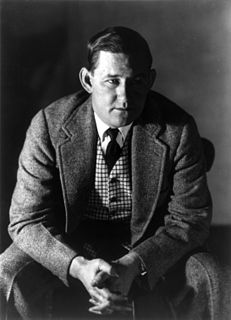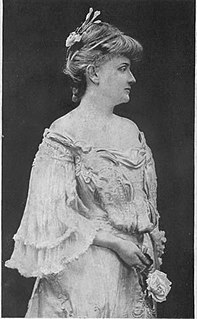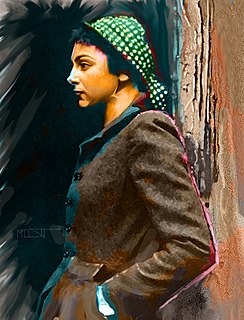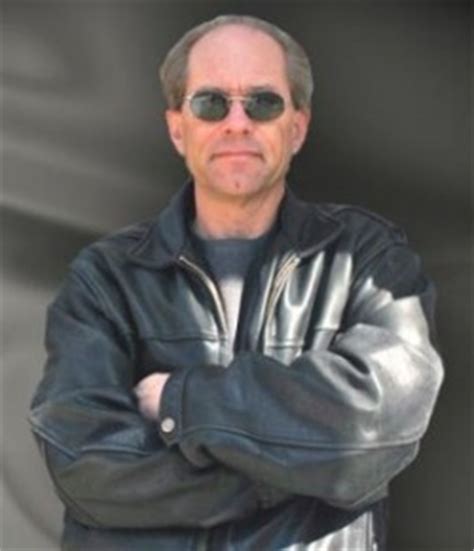A Quote by Marco Rubio
Related Quotes
I had come to see that the great tragedy in the church is not that rich Christians do not care about the poor but that rich Christians do not know the poor...I truly believe that when the rich meet the poor, riches will have no meaning. And when the rich meet the poor, we will see poverty come to an end.
It is easy to say that there are the rich and the poor, and so something should be done. But in history, there are always the rich and the poor. If the poor were not as poor, we would still call them the poor. I mean, whoever has less can be called the poor. You will always have the 10% that have less and the 10% that have the most.
What is always overlooked is that although the poor want to be rich, it does not follow that they either like the rich or that they in any way want to emulate their characters which, in fact, they despise. Both the poor and the rich have always found precisely the same grounds on which to complain about each other. Each feels the other has no manners, is disloyal, corrupt, insensitive - and has never put in an honest day's work in its life.
If the "rich" were swarming into poor neighborhoods and beating the poor until they coughed up the dimes they swallowed for safekeeping, yes, this would be a transfer of income from the poor to the rich. But allowing taxpayers to keep more of their money does not qualify as taking it from the poor - unless you believe that the poor have a moral claim to the money other people earn.
The real bosses in the capitalist system of market economy are the consumers. They by their buying and by their abstention from buying decide who should own the capital and run the plants. They determine what should be produced and in what quantity and quality. Their attitudes result either in profit or in loss for the enterpriser. They make poor men rich and rich men poor. They are no easy bosses.


































